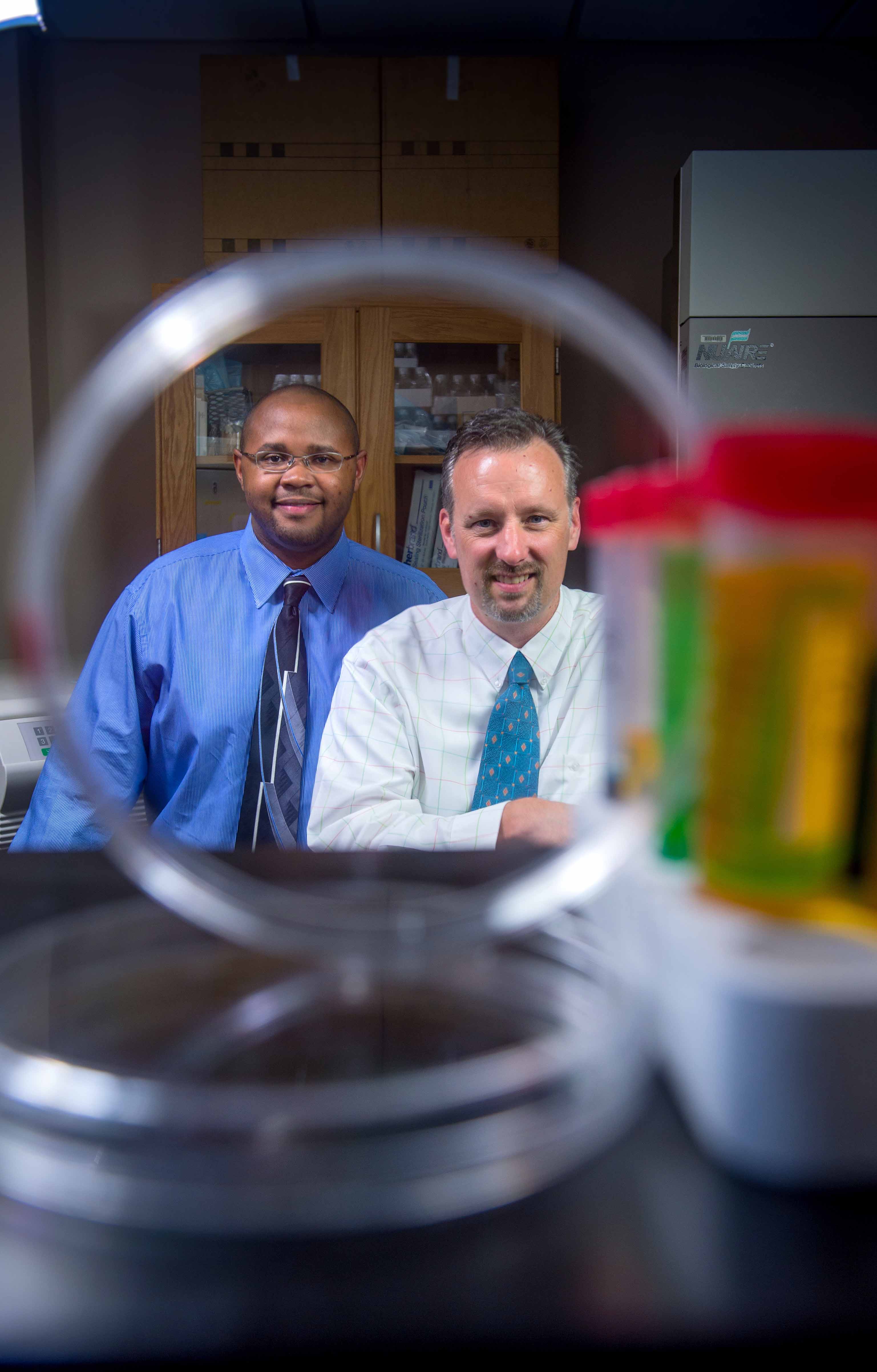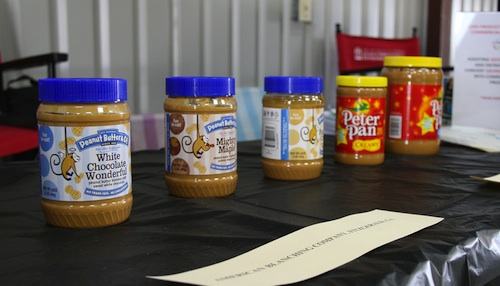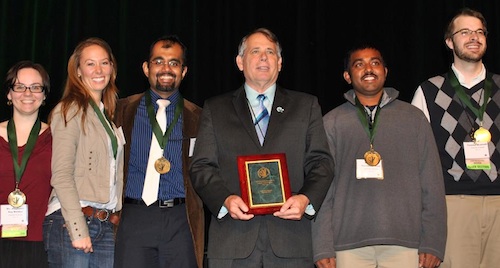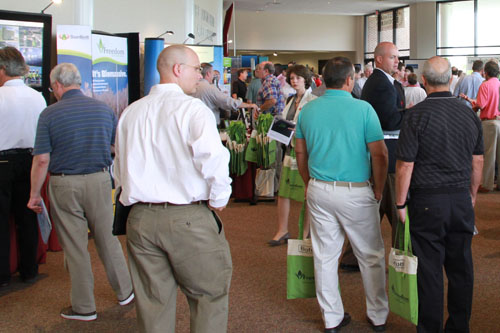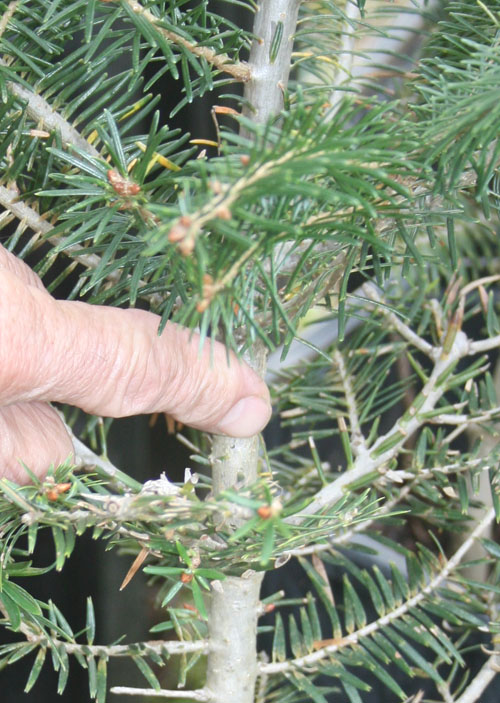 CAES News
CAES News
Momi-Fraser fir
Fraser firs top the list of favorite Christmas tree varieties, but almost all the Fraser firs sold in Georgia come from North Carolina. One University of Georgia horticulturist is working to change that by popularizing a hybrid that combines Fraser firs with their Japanese cousins — Momi firs.

